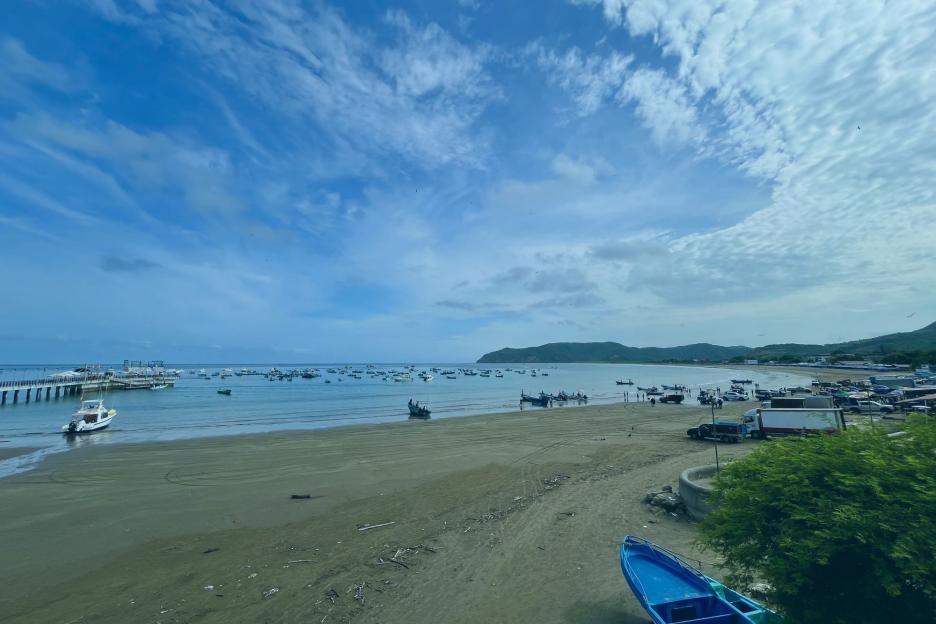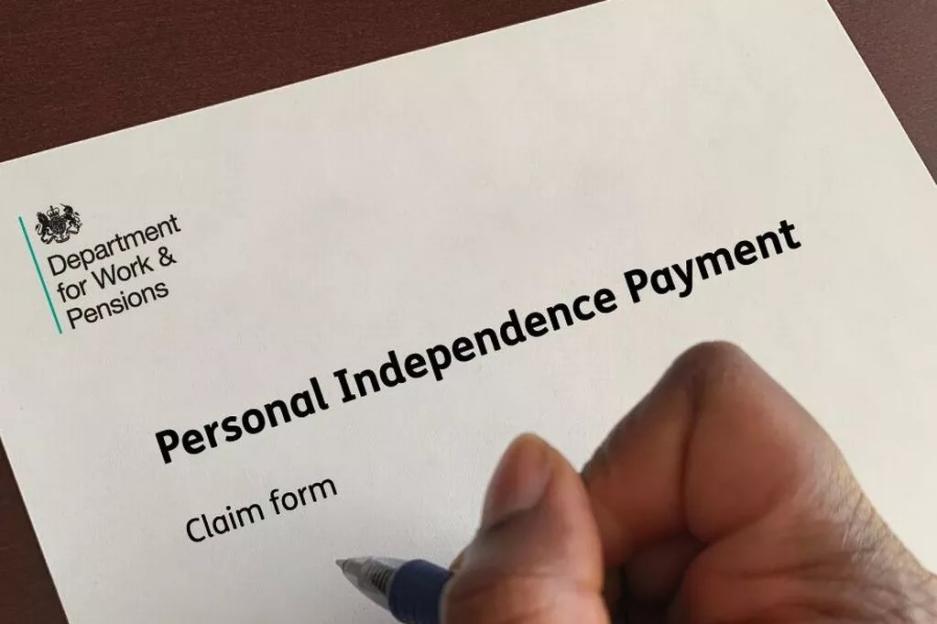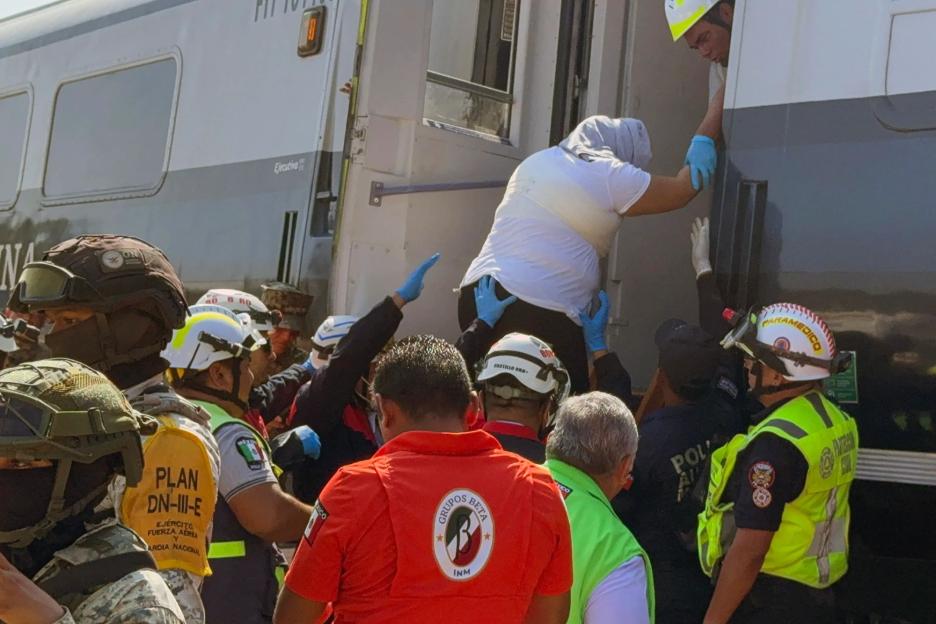The passing of one year has done little to satisfy the families of the 22 people killed in the Nova Scotia mass killing.
An upcoming public inquiry is intended to answer questions surrounding the police response to Gabriel Wortman's rampage on April 18 and 19 of last year, and how authorities can better protect Canadians from something similar happening again.
But a long period of silence from officials is making it impossible for families to know where to place their trust.
The family of Dawn and Frank Gulenchyn is stricken by grief and bewilderment one year after the couple were murdered, along with 20 other Nova Scotians.
Read more: The first anniversary of the Nova Scotia mass shooting and how it will be commemorated
“Maybe nothing could have saved anybody in that immediate area,” says their son, Jonathan Farrington. “But to sleep six hours later, you know, 30 minutes away, wake up, do it all over again. How can that happen?”
RCMP say the gunman slipped past them and drove out of Portapique in his mocked-up RCMP vehicle by using a different road than the one they were guarding. But other information, like why an emergency alert was never issued, remains murky.
After a series of erratic news conferences last spring, RCMP Chief Supt. Chris Leather promised to provide “timely and accurate updates in the coming days and weeks.”
That promise, 10 months ago, was the last time investigators faced questions from the media in a public setting.
The federal and Nova Scotia governments have established a public inquiry, headed by a mass casualty commission.
The commission is assigned to investigate a wide range of questions, including why the massacre happened and how police responded. The commission says its final report, due in November of next year, will include recommendations for preventing anything similar from happening again.
For families, who were forced to protest in the streets for a full public inquiry, trusting the process is a big leap of faith. They want more information, including details of the alleged role of the gunman's partner, Lisa Banfield, in supplying him with ammunition. Police say Banfield and two others facing charges had no prior knowledge of the killer's plans.
“My trust in the inquiry and my trust in the RCMP as a whole, there's none,” says Farrington, echoing the sentiment of several other families Global News has spoken to.
Read more: Brother of N.S. gunman's common-law spouse pleads not guilty to providing ammo
There are some new measures: a ban on assault rifles and the sale of de-commissioned police vehicles, and restrictions on used uniforms.
But other moves haven't happened, like a buyback on military-style assault weapons, and reducing the smuggling of firearms across the Canada-U.S. border. Public Safety Minister Bill Blair's office has declined multiple requests for an interview.
Some say the collective silence, with no official date for when the inquiry starts hearing evidence, deepens the level of mistrust.
Dalhousie University Prof. Archie Kaiser says the critically important concept of public protection is at stake.
“There was a failure by the state to protect its citizens. So out of that alone, it is a whole range and depth of suspicions that are justifiable.”
He suggests it could take a long time to pivot from trauma to trust.





